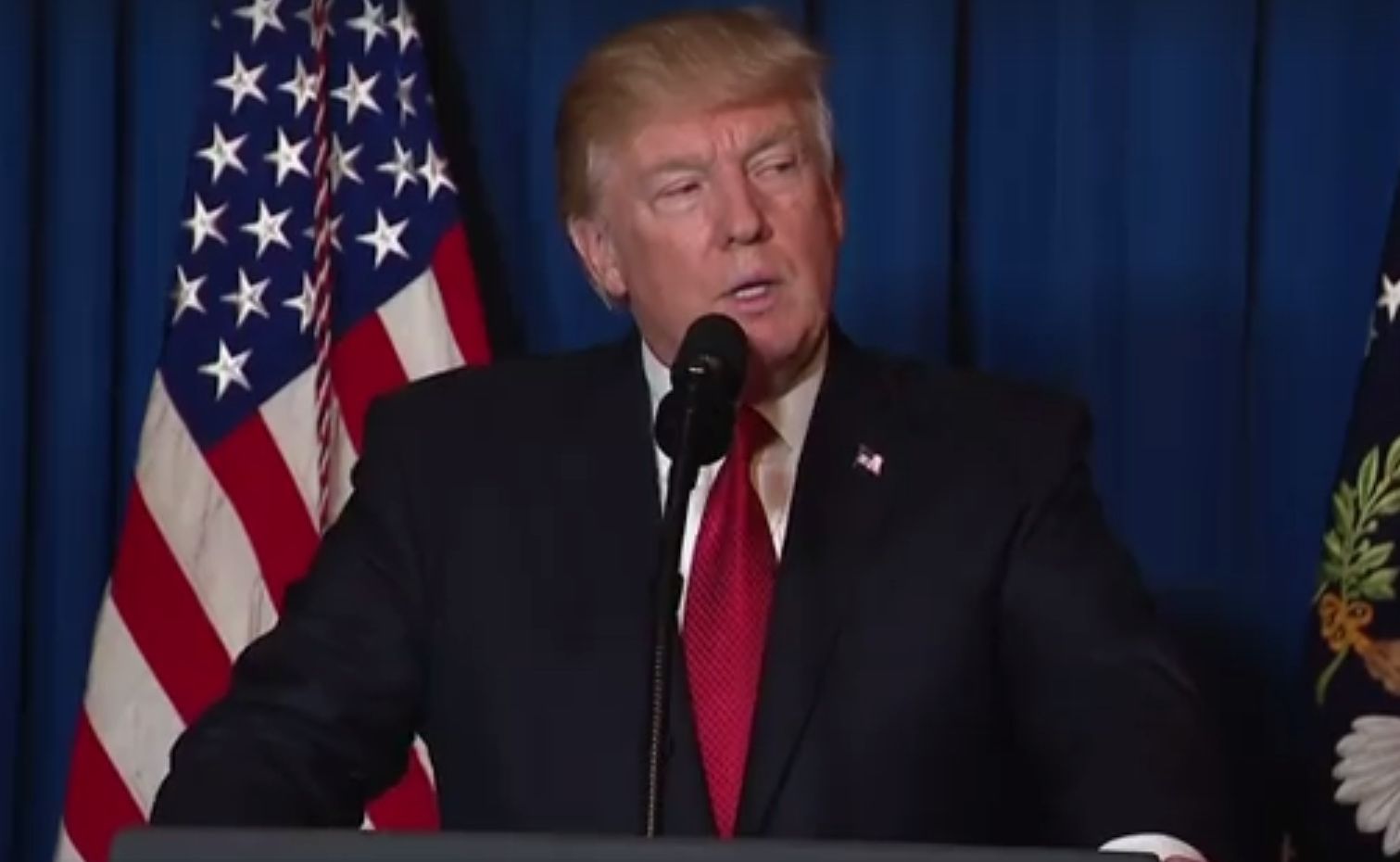Donald Trump has been, by far, the most controversial president the United States has ever had. Half of our country hates him; the other half loves him. He’s been fighting with the world over imports and fuel economy standards for a while, and now he’s reportedly considering banning German cars altogether. If that does really happen, that will mean no more Volkswagen, no more BMW, and no more Mercedes – that’s a big concept to take in. Furthermore, there’s a decision on board to implement Section 232 of the Trade Expansion Act of 1962 that will impose a 25-percent Tariff on all cars imported into the United States.
What Will Trumps Ban on German Cars or a Big Tariff Mean?
First, the ban on German cars is quite obvious, however, that decision doesn’t make sense, and I’ll explain why in a minute. For now, let’s talk about that 25-percent import tariff. This decision would deal a big blow to Hyundai, which imports a ton of vehicles into the U.S. and GM Korea could take a huge hit as well. Even if Trump doesn’t ban German Cars, a lot of Mercedes, BMW, Audi, and Volkswagen vehicles could experience huge blows as well. According to Autoguide, 25-percent of the cars built by GM Korea came to the U.S. in 2017, which would mean that any of those cars would now be 25-percent more expensive because you know automakers must pass that cost onto consumers.
Back to the German car ban, it almost seems as if Trump is more confused than anything as the German inport\export tally is actually in our favor with Germany’s auto industry association VDA reporting 657,000 German-branded cars coming in and 804,000 going out. The real deficit comes in between the EU and the U.S. as a whole, with the EU sending $43 billion in cars our way and us sending just $7.3 billion their way. It’s clearly a lopsided situation, but is imposing a strong tariff a way to solve the problem?
Maybe…
Truth be told, it seems as if a big chunk of European cars coming our way are luxury cars. You see tons of Audi, BMW, and Mercedes models on U.S. streets every day. I haven’t been all over Europe, but I certainly don’t see too many Buicks, Cadillacs, or Lincolns on the streets where I have been. There are plenty of Chevys, though, and quite a few Fords as well. The point is, a big part of this could be a big deficit in price per model and not so much a model-to-model deficit. Then again, I don’t know the finer details, just trying to look at things logically with a general understanding based on experience.
With that said, leveling out the value of vehicles imported between the EU and the U.S. could make some serious headway is solving the trade deficit problem, but maybe the U.S. should build cars that the EU wants. A 25-percent Tariff isn’t necessary too bum of a deal – if you’ve ever imported anything from the U.S. to Europe, you know you’re going to some serious VAT. It’s not exactly an unfair arrangement.
However, I do have to point out that while Trump's way of thinking may be a bit uninformed, I can understand what he’s thinking. He wants to bring manufacturing back to the States, or encourage European automakers to produce more cars here. If they are built in the U.S., there won’t be a big tax on them. It makes sense kind of, and making it cheaper to manufacturer vehicles here would probably lead to more manufacturing here, but making it cheaper by making it too expensive to import doesn’t sound like the right move. It sounds more like strong-arming automakers to me.
Then again, I’ve tried to avoid the politics and just ride this train until it derails. I don’t fall on either side of the fence, so I’ll just be on the sidelines watching to see what happens. What do all of you think about this? Will a 25-percent tariff makes things better or make them worse? Will Trump succeed in banning German cars? Let us know your thoughts but keep it clean, folks, we’re not biased either way here.
References
Read more Donald Trump news.

